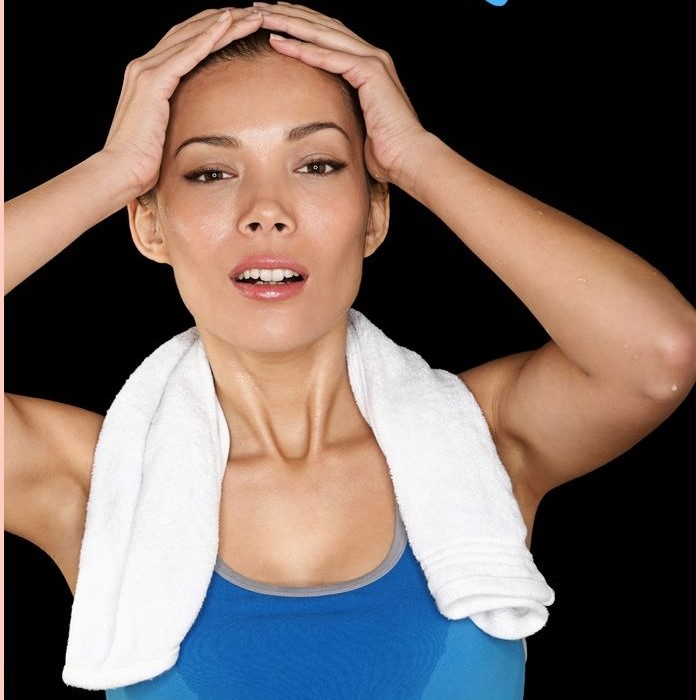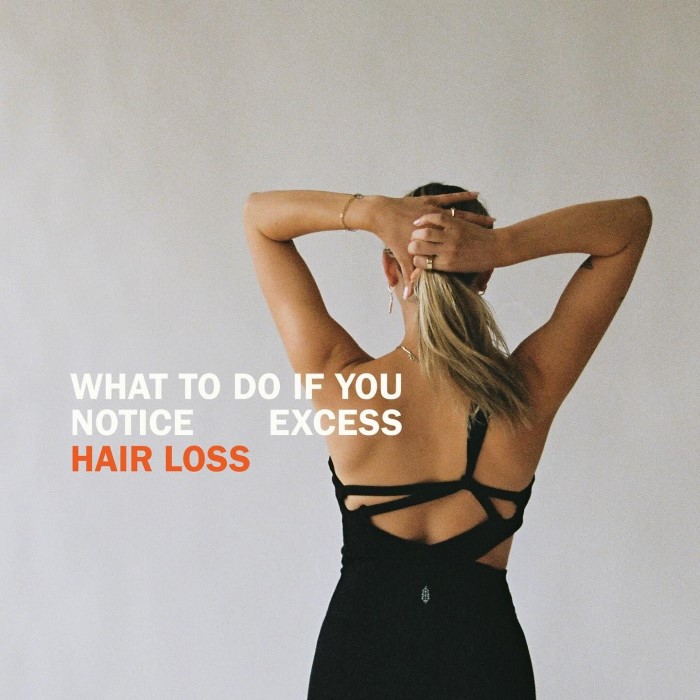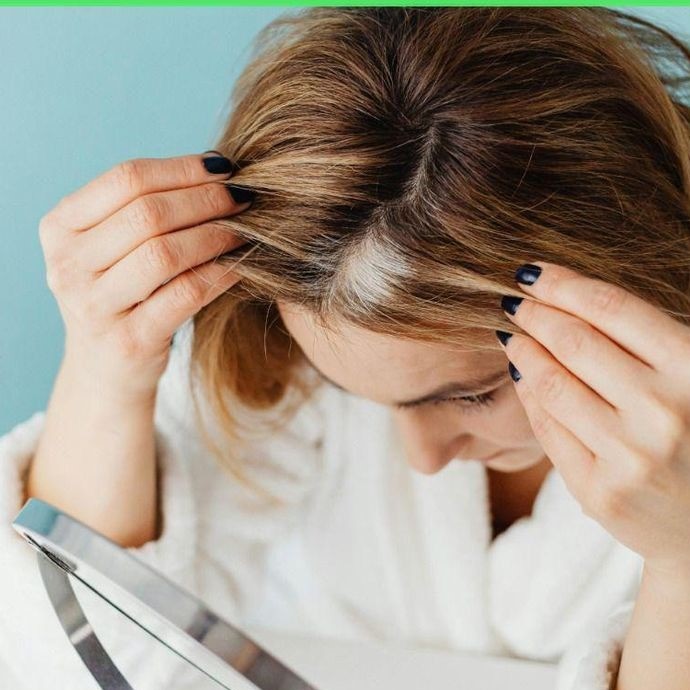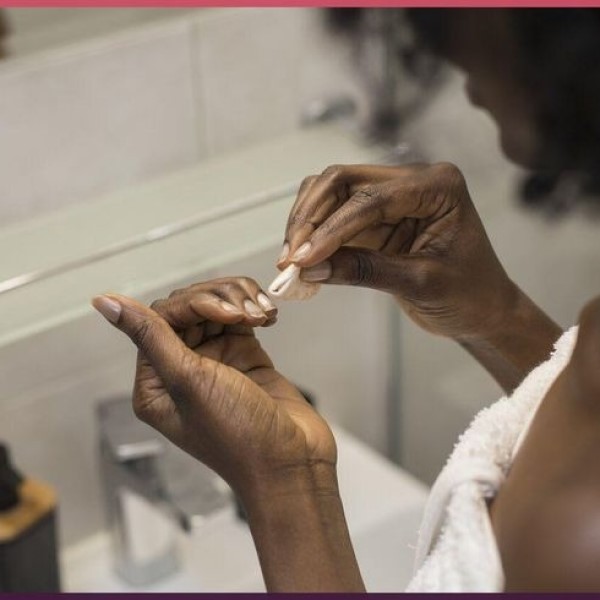
Does Working Out Cause Hair Loss? Myths and Facts Explored
Introduction: The Intersection of Fitness and Hair Health
Many people question does working out cause hair loss? This concern is particularly prevalent among fitness enthusiasts and those embarking on new exercise regimens. The human body is complex, and while exercise brings numerous health benefits, it can sometimes lead to unintended consequences. Among these, hair loss is a significant worry for both men and women engaging in fitness activities.

This article will explore the myths and facts surrounding the connection between exercise and hair loss. By separating fact from fiction, we aim to provide a deeper understanding of how working out affects hair health. Ultimately, this knowledge will empower readers to make informed decisions about their fitness routines and hair care practices.
Understanding Hair Growth Cycle
The Hair Growth Phases
To fully comprehend the relationship between working out and hair loss, it’s important to first understand the hair growth cycle. Hair goes through three primary phases:
- Anagen Phase: This is the active growth phase of hair. During this time, hair follicles produce new cells, which contribute to growing hair that may last several years.
- Catagen Phase: Following the active growth phase, hair enters the catagen phase, which lasts for a few weeks. During this transition, growth slows and the hair follicle shrinks.
- Telogen Phase: In this resting phase, hair is no longer growing. It typically lasts around three months, after which the hair falls out and new hair begins to grow.
Impact of External Factors
Does working out cause hair loss? Various external factors can influence this cycle. Stress, hormonal changes, nutritional deficiencies, and health conditions can all impact hair growth. Understanding how these factors relate to exercise is essential. While exercise can also affect hormone levels and body stress, its overall impact on hair health might not be as straightforward as many believe.
Common Myths About Exercise and Hair Loss
Intense Workouts Always Cause Hair Loss
- The False Link: Many people assume that intense workouts automatically lead to hair loss. This notion is misleading. While poor exercise routines or excessive strain on the body can cause temporary hair shedding, moderate exercise is generally beneficial for overall health.
- Science Behind It: Intense workouts can lead to elevated levels of the stress hormone cortisol. Chronic elevated cortisol levels may lead to hair loss in some individuals, primarily when combined with other stressors or health issues. However, most people experience minimal hair change with regular, controlled physical activity.
Sweating Leads to Hair Loss
- The Truth About Sweat: Some individuals believe that sweating during workouts contributes to hair loss. In reality, sweat itself does not cause hair to fall out. However, sweat can lead to scalp issues if there is an imbalance in hygiene or if sweat is allowed to accumulate without washing.
- Healthier Practices: To maintain scalp health post-workout, it’s advised to wash your hair regularly, particularly after intense sessions. Keeping the scalp clean can help prevent issues that might lead to hair troubles.
All Forms of Exercise Are Bad for Hair
- Diversity Matters: Different types of exercises affect the body differently. While high-intensity workouts or heavy weightlifting can potentially elevate cortisol levels, activities like yoga and moderate cardio can actually promote stress relief.
- Optimal Exercise for Hair Health: Engaging in a well-rounded fitness routine, including strength training, cardio, and relaxation techniques, can contribute positively to overall health and, by extension, hair health.
The Role of Nutrition in Hair Health
Importance of a Balanced Diet
Nutrients for Hair Growth
- Importance of a Well-Balanced Diet: A well-balanced diet is fundamental to overall health and plays a significant role in hair health. The body requires a variety of nutrients to function optimally, and hair follicles are no exception to this.
- Key Vitamins and Minerals:
- Iron: Iron is crucial for delivering oxygen to hair follicles, promoting healthy growth. A deficiency in iron can lead to hair loss, as it affects the hair’s strength and health.
- Vitamin D: Research suggests that vitamin D may help produce new hair follicles. Deficiency in vitamin D has been linked to hair thinning, especially in conditions like alopecia.
- Protein: Hair is primarily made of protein (keratin), making adequate intake essential. Insufficient protein consumption can lead to hair weakness and increased shedding. Foods high in protein include lean meats, fish, eggs, and legumes.
- Biotin: This vitamin (part of the B vitamin family) has been associated with improved hair growth. Biotin aids in the metabolism of amino acids, which are necessary for the production of keratin.
- Zinc: Zinc plays a role in hair tissue growth and repair. A deficiency can lead to hair loss and structural weaknesses in hair shafts.
- Variety of Foods: To obtain these nutrients, it is vital to include a diverse range of foods in your diet. Leafy greens, nuts, seeds, whole grains, and fruits can provide many essential vitamins and minerals for promoting hair health.
Impact of Exercise on Nutrition
- Increased Nutritional Demands: As individuals engage in more intense workout regimens, their body’s nutritional requirements change. Increased physical activity can lead to higher energy expenditure, which necessitates a more strategic approach to diet.
- Role of Adequate Nutritional Intake: Adequate nutrient intake is crucial for recovery after workouts. Proper nutrition supports muscle recovery, replenishes energy stores, and maintains hair health. Failing to eat enough can compromise the body’s ability to repair itself, including supporting hair growth.
- Hydration Considerations: In addition to solid food, hydration plays a vital role. Dehydration can affect nutrient absorption and impair overall metabolic function, potentially leading to hair health issues. Drink enough water throughout the day to maintain hydration levels.
- Special Considerations for Athletes: Athletes and those who exercise frequently must be particularly strategic about their diets to cater to their specific needs. This often includes calculating macronutrient ratios (carbs, proteins, fats) that fit their unique goals, such as muscle gain or fat loss.
Supplementation
- Role of Dietary Supplements: For some individuals, dietary supplements can offer additional support for hair health, particularly if their diet lacks certain nutrients that are essential for hair growth. Supplements can be beneficial for those who find it challenging to meet their nutritional needs through food alone.
- Types of Supplements: Common dietary supplements for hair health include biotin, collagen, fish oil (for omega-3 fatty acids), and multivitamins that cover various essential nutrients. These can help fill nutritional gaps and promote hair strength.
- Consulting Healthcare Professionals: Before starting any supplementation, it’s important to consult a healthcare professional, such as a doctor or a registered dietitian. They can assess your individual needs, recommend specific supplements, and ensure that they won’t interfere with any existing health conditions or medications.
- Balancing Supplements with Diet: It is essential to remember that supplements should not be a replacement for a well-rounded diet. They should complement a healthy eating plan to achieve the best results in promoting hair growth and overall health.
- Monitoring Effects: If you decide to begin supplementation, keep track of any changes in your hair health and overall wellbeing. This information can provide valuable insights into the effectiveness of the supplements you are taking.
Stress and Its Effects on Hair Loss
The Stress-Hair Connection
- Understanding Stress: Emotional and physical stress can impact hair health significantly. A demanding workout regimen combined with life stresses can contribute to hair shedding.
- Cortisol Levels: Chronic elevated cortisol, caused by stress, may disrupt the hair growth cycle and lead to increased hair shedding. Recognizing the importance of stress management is key.
- Managing Stress: Introducing mindfulness activities, such as yoga and meditation, into one’s routine can help tackle both physical and emotional stress, promoting not only better workout performance but also healthier hair.
Exercise Regimens and Their Impact on Hair
Benefits of Regular Exercise
- Improved Circulation: Regular exercise promotes blood flow, which is essential for delivering nutrients to hair follicles. This increased circulation can actually benefit hair health by enhancing the growth environment.
- Hormonal Balance: Engaging in consistent physical activity can help balance hormones, including testosterone and estrogen. A balanced hormonal environment may contribute to healthier hair growth.
- Weight Management: Maintaining a healthy weight can also support healthy hair. Sudden weight loss, often associated with excessive exercise or uncontrolled diets, can lead to temporary hair loss.
Recommended Exercise Types for Hair Health
- Moderate Cardio: Activities like jogging, cycling, or swimming support overall health without excessive hormonal fluctuations. Aim for at least 150 minutes of moderate aerobic activity per week.
- Strength Training: Incorporating strength training into your routine promotes muscle growth and overall fitness. This combination can enhance metabolic function and hormonal balance.
- Mind-Body Exercises: Practices such as yoga and Pilates help reduce stress and improve mental health, both of which are beneficial for hair health.
FAQs About Stun Gun Marks
Does Working Out Cause Hair Loss?
- While workouts alone do not cause hair loss, factors related to exercise, such as increased stress or poor nutrition, could potentially contribute to shedding.
What Are Common Symptoms of Hair Loss Due to Exercise?
- Common symptoms may include noticeable thinning of hair, increased shedding after workouts, or patches of hair loss. If these occur persistently, it may indicate a need to address other underlying issues.
Can You Prevent Hair Loss From Working Out?
- Yes, managing stress, maintaining a balanced diet, and avoiding excessive exercise can help prevent hair loss. Being mindful of your body’s responses to workout routines is essential.
Conclusion: Balancing Fitness and Hair Health
Does working out cause hair loss? In conclusion, understanding whether working out causes hair loss involves separating myths from facts. While working out itself does not directly lead to hair loss, factors associated with intense exercise routines, including hormonal fluctuations, nutrition, and stress, can influence hair health.
By maintaining a well-rounded fitness regimen, concentrating on nutrition, and monitoring stress levels, individuals can work toward optimal hair health while enjoying the benefits of exercise. Educating oneself about the body’s responses to workouts can ensure that fitness goals do not come at the expense of hair vitality. Ultimately, embracing a balanced approach to fitness and health can lead to both physical and aesthetic benefits, allowing individuals to thrive in their exercise routines and personal care simultaneously.




